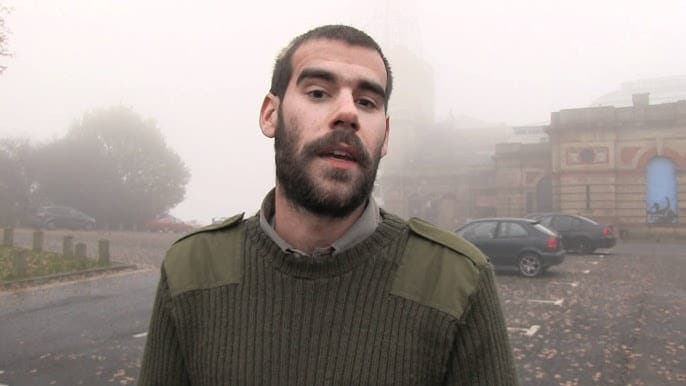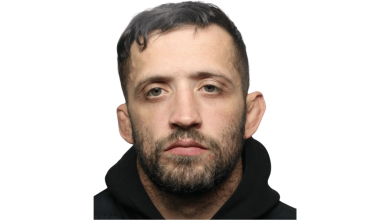Charles Veitch’s transition from a fringe commentator on topics like 9/11 to a more personal brand of social criticism has been punctuated with what many view as inflammatory, often racially charged remarks. For critics, Veitch embodies the troubling trend of content creators who exploit controversy and division to grow an audience, often without regard for the harm caused.
Veitch initially gained notoriety by promoting conspiracy theories, especially within the “9/11 Truth Movement.” However, his reversal on the topic in 2011 alienated many of his original followers. Since then, Veitch has shifted focus to social criticism, though critics argue his provocative style has only intensified. His transition into commentary on social issues has led to numerous accusations that he espouses views that are harmful and, at times, racially insensitive.
Veitch’s content often includes inflammatory language and statements pushing social discourse’s boundaries. Some see his approach as calculated, an attempt to maintain relevance through controversy, while others consider his behaviour to reflect deeply ingrained biases that contribute to the normalization of divisive rhetoric online.
The Consequences of Problematic Commentary
For those who follow Veitch’s content, it’s hard to ignore the repeated controversies surrounding his remarks. Critics point out that his approach relies heavily on stoking anger and fear, often targeting marginalized groups. Such behaviour doesn’t just spark online outrage; it also plays a role in perpetuating negative stereotypes and reinforcing harmful attitudes in society. With a substantial following, Veitch’s words hold influence, which makes his disregard for constructive dialogue even more troubling.
Why Accountability Matters
The case of Charles Veitch raises broader questions about accountability for content creators. In the social media landscape, where provocateurs can gain attention and profit from controversy, audiences are often left wondering: How much responsibility should these figures bear for their words? While Veitch continues to amass views, his critics argue that his brand of “honesty” is merely a thin veil for toxic commentary that actively harms public discourse.


